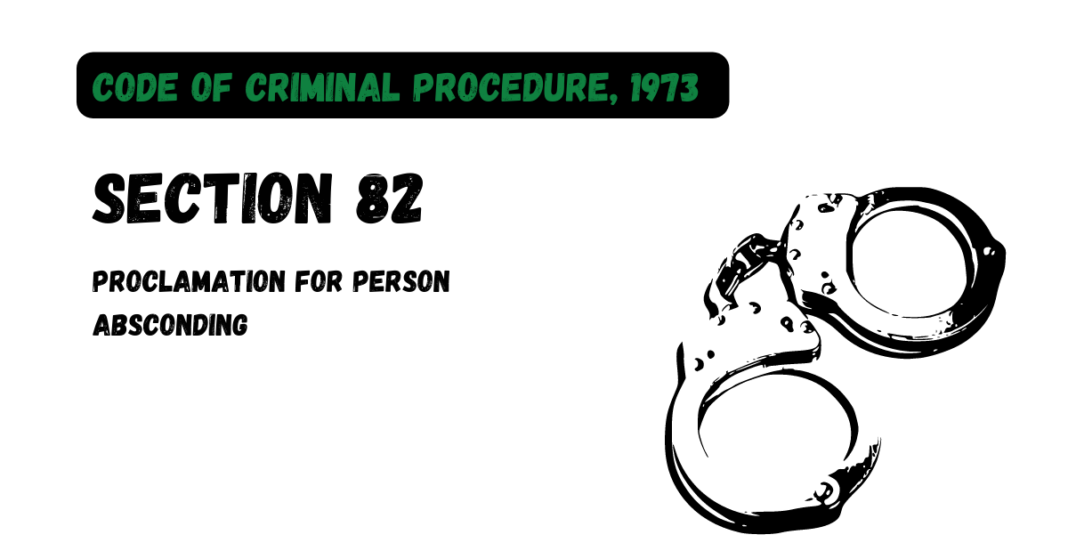(1) If any Court has reason to believe (whether after taking evidence or not) that any person against whom a warrant has been issued by it has absconded or is concealing himself so that such warrant cannot be executed, such Court may publish a written proclamation requiring him to appear at a specified place and at a specified time not less than thirty days from the date of publishing such proclamation.
(2) The proclamation shall be published as follows:—
(i) (a) it shall be publicly read in some conspicuous place of the town or village in which such person ordinarily resides;
(b) it shall be affixed to some conspicuous part of the house or homestead in which such person ordinarily resides or to some conspicuous place of such town or village; (c) a copy thereof shall be affixed to some conspicuous part of the Court-house;
(ii) the Court may also, if it thinks fit, direct a copy of the proclamation to be published in a daily newspaper circulating in the place in which such person ordinarily resides.
(3) A statement in writing by the Court issuing the proclamation to the effect that the proclamation was duly published on a specified day, in the manner specified in clause (i) of sub-section (2), shall be conclusive evidence that the requirements of this section have been complied with, and that the proclamation was published on such day.
(4) Where a proclamation published under sub-section (1) is in respect of a person accused of an offence punishable under section 302, 304, 364, 367, 382, 392, 393, 394, 395, 396, 397, 398, 399, 400, 402, 436, 449, 459 or 460 of the Indian Penal Code (45 of 1860), and such person fails to appear at the specified place and time required by the proclamation, the Court may, after making such inquiry as it thinks fit, pronounce him a proclaimed offender and make a declaration to that effect.
(5) The provisions of sub-sections (2) and (3) shall apply to a declaration made by the Court under sub-section (4) as they apply to the proclamation published under sub-section (1).





